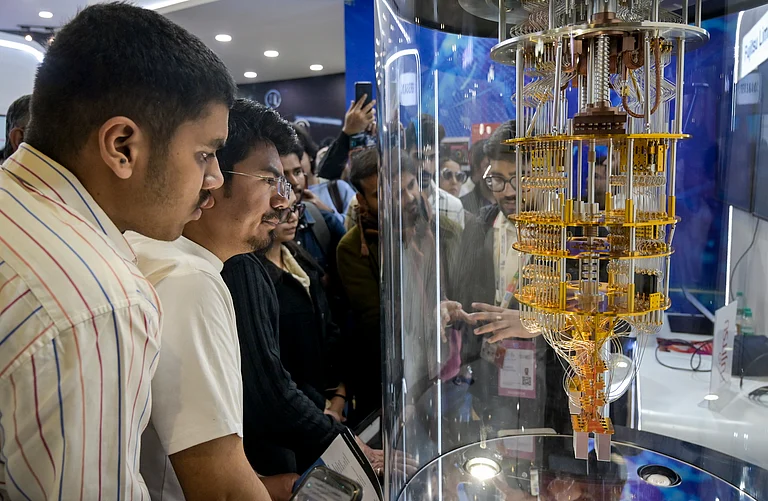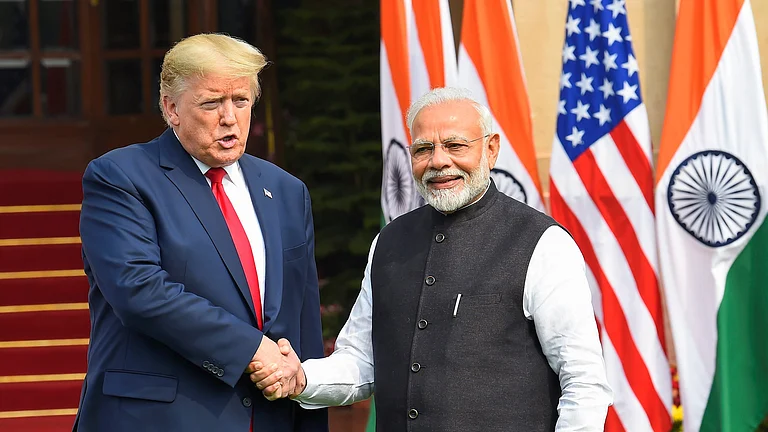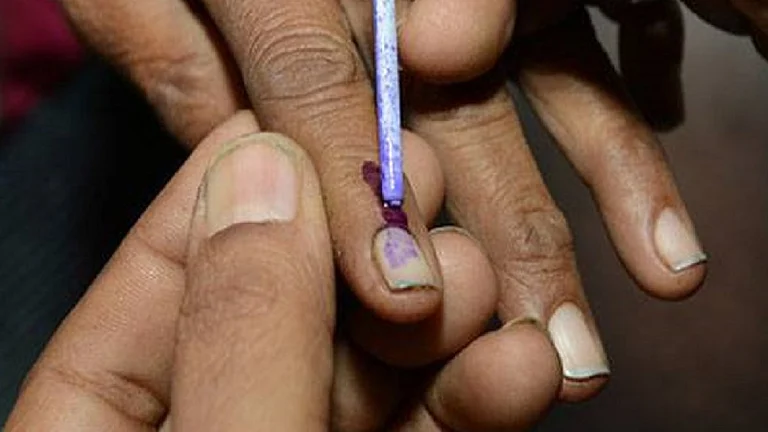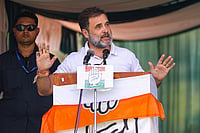Unemployment, price rise, corruption and quality of life are some of the major concerns for voters in India ahead of Lok Sabha elections 2024, according to a pre-poll survey conducted by the Centre for Study of Developing Societies (CSDS). At least three-fifth of the survey’s respondents felt that finding job opportunities has become more difficult in the last five years.
The survey findings come days after a report by International Labour Organisation (ILO) revealed grim findings on unemployment rates in India. More than 80 per cent of the country’s unemployed workforce comprises its youth. Further, the report mentioned that the share of educated youths among all unemployed people increased from 54.2 per cent in 2000 to 65.7 per cent in 2022. Among the educated (secondary level or higher) unemployed youths, women accounted for a larger share (76.7 per cent) than men (62.2 per cent).
Here are some of the major findings from the CSDS-Lokniti Survey:
Primary concerns of voters
Unemployment holds the top spot as the single most important voting issue, followed by the issue of price rise. Meanwhile issues such as that of corruption and Ram Mandir were not mentioned by voters as their most important concerns.
According to a similar survey conducted by CSDS among Delhi’s first time voters, which was subsequently published in The Hindu, only one in every six (16 per cent) admitted to a complete failure on the part of the Central government in providing adequate employment opportunities, while one seventh of them blame the state government for the same.
Perspectives on contentious issues
Farmers’ protest: Farmers from Punjab and Haryana revived their protest early this year, demanding the implementation of the Swaminathan Commission's report, a total remission of farmers' debts, a legal guarantee for the Minimum Support Price (MSP) on all the major crops, pension provisions for farmers, and removal of farmer-related cases from the 2020 protest.
The CSDS report published by The Hindu showed that nearly 59 per cent of respondents acknowledged the legitimacy of the farmers’ demands and recognised it as the fundamental right of farmers to voice their grievances. However 16 per cent of respondents perceived it as a ‘conspiracy against the government’, while one in every ten respondents (11 per cent) either lacked awareness of the protests or were unfamiliar with the farmers’ demands.
Corruption: The survey showed that 55 per cent of respondents are of the opinion that corruption increased in the past five years while 19 per cent believe that it has reduced. Of the ones who believe that corruption has increased, 56 per cent of them blamed both the Union government and the state governments for the same.
Ram Mandir in Ayodhya: The BJP has tried to make electoral gains out of the construction of the new Ram Mandir in Ayodhya on a disputed site. But will it sway the voters? The survey showed that when asked “what was the most liked action” of the Narendra Modi government, 22 per cent of respondents mentioned the construction of the Ram Mandir and 48 per cent said it would help consolidate Hindu identity.
Article 370: The central government revoked Jammu and Kashmir’s special status under Article 370 in 2019, amid concerns over what this could mean for locals and their rights, increasing crackdown on media and the extent of overreaching powers it could give to the centre. The Supreme Court eventually endorsed the contentious decision on December 11, 2023. The CSDS survey showed that 34 per cent of respondents viewed the government’s decision as a positive step while 16 per cent supported the decision but questioned the way it was done. Only eight per cent of respondents disagreed with the government’s move.
Voters believe in religious pluralism
At a time when proclamations of creating a ‘Hindu rashtra’ have been made by political leaders, the survey revealed that an overwhelming 79 per cent of respondents were of the belief that India belongs to citizens of all religions equally, not just Hindus while 11 per cent believed that India only belongs to Hindus. Out of those who agreed with the former belief, 77 per cent were Hindus and 87 per cent were Muslims. The findings were similar in not just urban areas but also villages, however more pronounced in the educated than those without schooling.
Voters’ trust in public institutions
Amidst allegations by opposition parties concerning the reliability of Electronic Voting Machines (EVM), the survey revealed that 28 per cent of respondents ‘somewhat’ believed in the likelihood of EVMs being manipulated by the ruling party. When asked about the extent to which they trusted the Election Commission of India, the body which conducts elections in the country, only 28 per cent trusted the body to a ‘great extent’ (significantly dropping from 51 per cent prior to 2019 elections), while nine per cent of respondents said ‘not at all.’
When it comes to working of central government agencies like CBI and ED, 35 per cent of respondents were of the belief that the agencies were being used for political vendetta (and 34 per cent of respondents had no response). Of those who held the former belief, 21 per cent were NDA voters while 51 per cent were voters who endorsed the INDIA bloc.
The rising mistrust in the aforementioned public institutions comes in the backdrop of a series of raids on and arrests of prominent opposition leaders in the country.




























